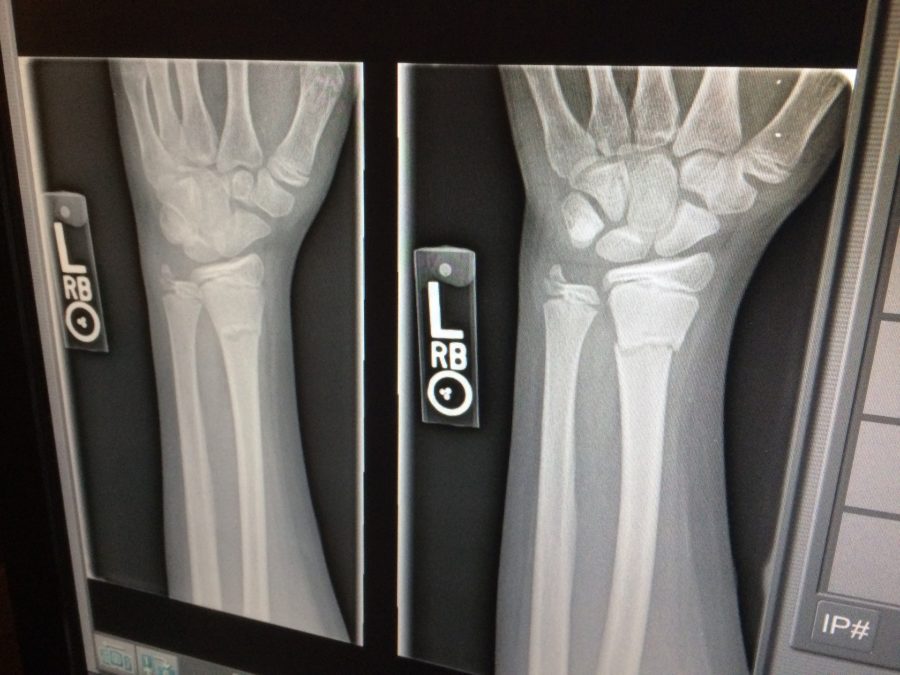Determining the Value of Accident Injury Claims: Insurance Companies Use a Program Called Colossus
It is possible that your insurance company uses or has used Colossus in the past to determine how much should they pay you for your injury.
Wait, so you mean a computer decides the value of my injuries? Yes, a computer program computes the value of human injuries. Sadly, many times, these settlement offers are unreasonably low. If you received an unreasonable settlement offer for your damages, you can file a bad faith claim against your insurance company with regards to the use of Colossus. If you believe that you may have a bad faith claim against your insurance company give KAASS LAW a call for a free consultation with a personal injury attorney or accident attorney. Our Glendale personal injury lawyers are composed of highly skilled attorneys, insurance litigation attorneys, economists, and skilled negotiators that collectively have the know-how to obtain fair settlements.
A few things to keep in mind when you are considering to file a bad faith claim against your insurance company:
- Must show proof that the use or non-use of Colossus has affected your claim.
- Court cases that have determined claims were either unreasonable due to the use or non-use of Colossus are, Dauro v. Allstate Ins. Co., Dombach v. Allstate Insurance Co. and Wilson v. 21st Century Insurance Co.
- Class Action and The Use Of Colossus
The systematic use of Colossus has made insurance companies wary of class action suits, thus there are requirements in order to certify a class action suit.
Rule 23 of the Federal Rules of Civil Procedure:
Rule 23 requires the following:
(1) the class is so numerous that joiner of all members is impracticable;
(2) there are questions of law or fact common to the class;
(3) the claims or defenses of the representative parties are typical of the claims or defenses of the class, and;
(4) the representative parties will fairly and adequately protect the interests of the class.
To certify a class under Rule 23(b)(3), questions of law or fact common to the members of the class must predominate over any questions affecting only individual members.”
What type of information do insurance companies input into Colossus?
- Liability – Use of a seat-belt increases value, as does the absence of intoxication
- Chiropractor – Referral from a regular doctor, in the records, increases value
- Spine Treatment – Must be documented specifically as to injury and why treatment is related to injury
- Medical Aids – Aids such as, walkers, crutches, and time needed are factors considered by the program
- Neck Collars – Different types of neck collars are treated differently
- Treatment Gaps – Delays in treatment decrease value so provide explanations for any, preferably documented in the medical records
- Permanency – COLOSSUS uses 4th Edition of the AMA Guidelines to Permanency and uses ratings only to body as a whole
- Loss of Enjoyment of Life – Can be considered if documented in medical records or reports
- Future Medical Bills and Wage Loss – Documentation from treating doctor needed for each to be considered
- Complaints – Any and all complaints should be documented in medical records
- Pre-existing Condition – Aggravation of it should be documented
- Aggravation – Degree of aggravation and permanency should be documented
- Hospital – Exact days of hospital stay and bed rest should be noted
- Treatment – Duration of treatment and any permanent use should be documented
- Pain, Depression, Anxiety – must be documented in medical records

